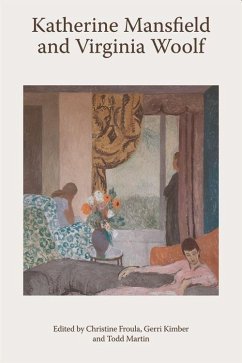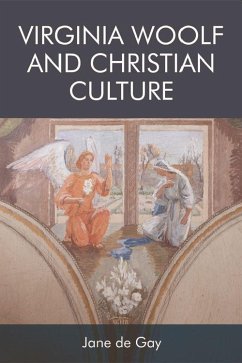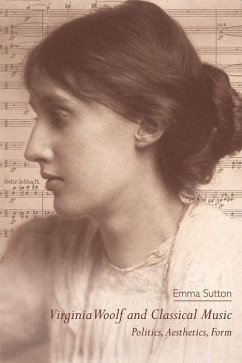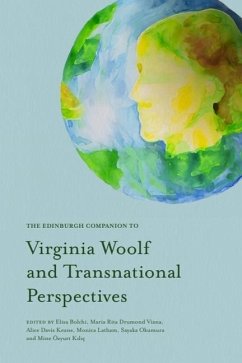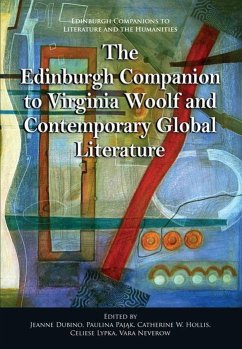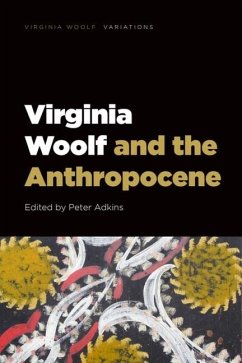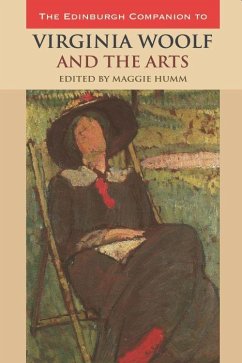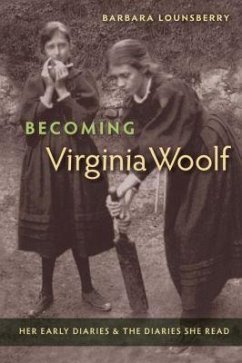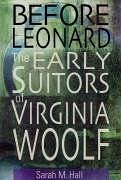
Reading Virginia Woolf
Versandkostenfrei!
Versandfertig in über 4 Wochen
157,99 €
inkl. MwSt.
Weitere Ausgaben:

PAYBACK Punkte
79 °P sammeln!
The pleasure and excitement of exploring Virginia Woolf's writings is at the heart of this book by a highly respected Woolf critic and biographer. Julia Briggs reconsiders Woolf's work - from some of her earliest fictional experiments to her late short story, "The Symbol", and from the most to the least familiar of her novels - from a series of highly imaginative and unexpected angles. Individual essays analyse Woolf's neglected second novel, "Night and Day", and her preoccupation with the significance of history in her novels of the 1930s. They investigate Woolf's links with other writers (Byron, Shakespeare), her ambivalent attitudes to 'Englishness' and to censorship, her fascination with transitional places and moments, with the flow of time (and its relative nature), her concern with visions and revision, with printing and the writing process as a whole.
With grace and style, noted Woolf critic and biographer Julia Briggs reconsiders the author's work from imaginative and unexpected angles, spanning her early fiction experiments to her late short story "The Symbol" and from the most to the least familiar of her novels, such as the neglected Night and Day. Briggs investigates links between Woolf and writers like Byron and Shakespeare, her fascination with transitional places and moments, her ambivalent attitudes toward "Englishness" and censorship, and her methods of writing and revision. She examines the differences between the original British and American editions of Woolf's texts and the lesser-known changes she made after publication. Briggs's lively and engaging style will appeal to scholars and general readers alike.




